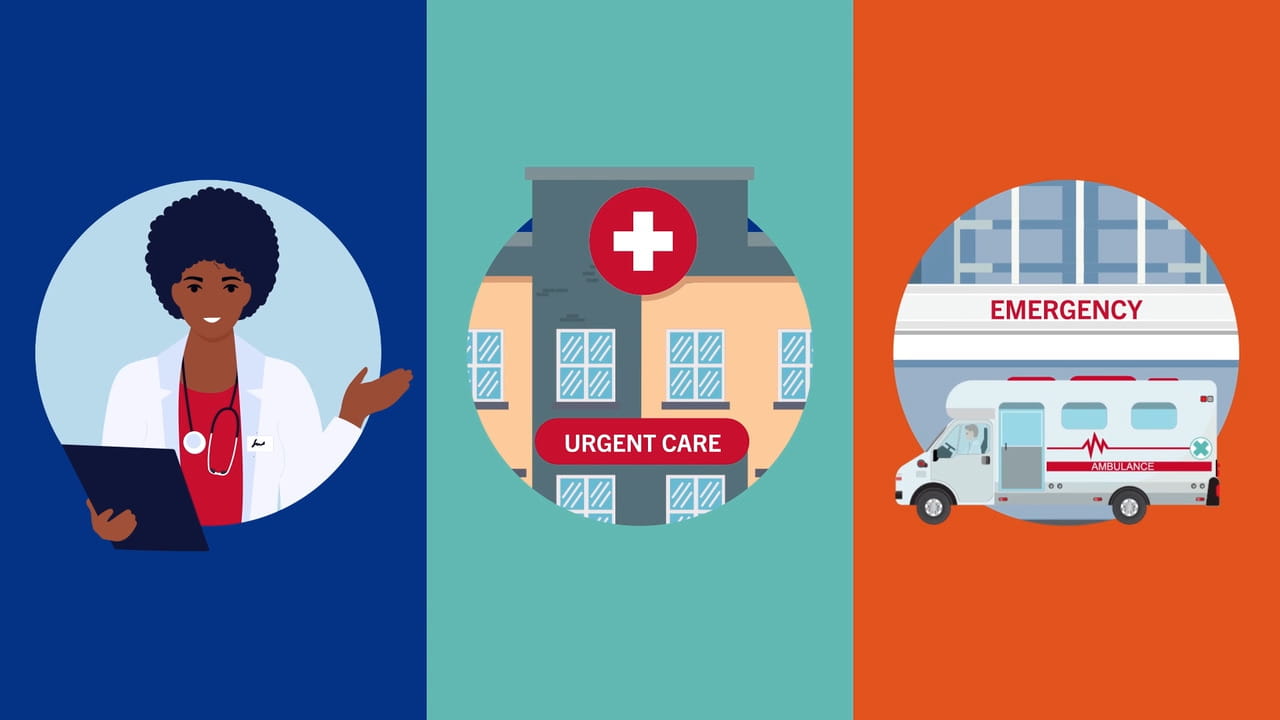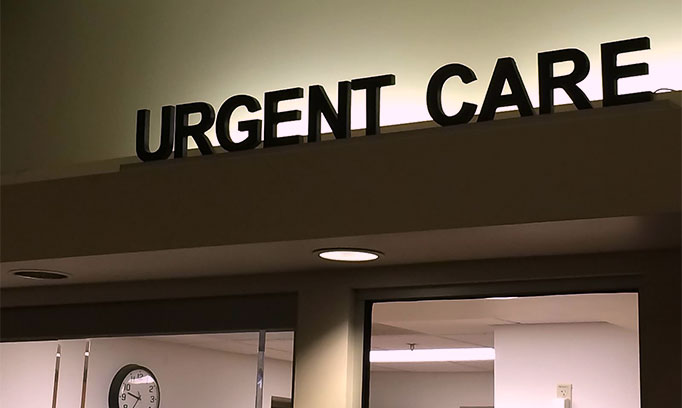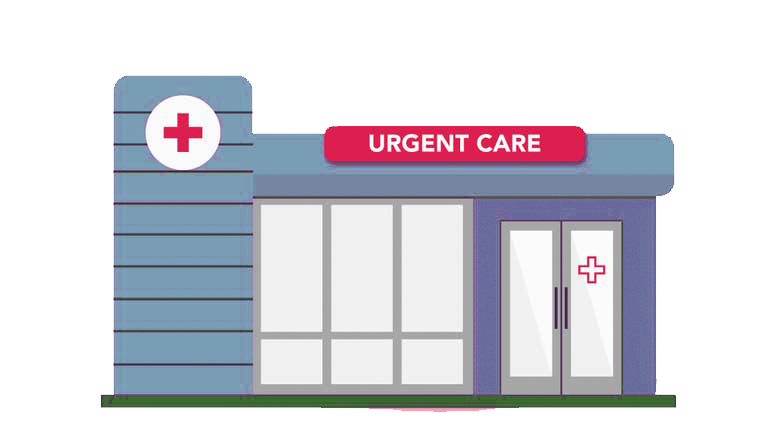Recognizing the Value of Urgent Care Services for Non-Life-Threatening Medical Issues
The relevance of immediate care solutions for non-life-threatening clinical problems can not be overstated, particularly in today's health care landscape. By comprehending the advantages of immediate care, such as reduced wait times and price effectiveness, one can better value their function in patient wellness administration.
What Is Urgent Care?
Immediate care refers to a classification of medical solutions designed to attend to non-life-threatening conditions that call for instant focus yet do not call for a visit to the emergency clinic. These centers provide a bridge in between primary treatment and emergency solutions, supplying obtainable healthcare choices for people experiencing acute clinical issues, such as minor fractures, strains, infections, or extreme health problems that arise suddenly.

The scope of solutions given by immediate treatment centers can differ yet usually consists of therapy for common conditions like colds, flu, and allergies, along with minor injuries (urgent care). Furthermore, several urgent care centers use preventative services, such as vaccinations and physical examinations, to resolve broader health requirements. By supplying a convenient option for urgent medical concerns, these centers play an essential role in the health care continuum, guaranteeing that people obtain ideal treatment when they require it most
Benefits of Urgent Care Solutions
Many people find that making use of urgent care services gives significant benefits over standard emergency situation room brows through or waiting for a medical care appointment. One main advantage is the decreased delay times. Urgent care centers generally have much shorter delay periods, enabling people to receive prompt clinical attention when they require it most. This expedited treatment is particularly practical for non-life-threatening conditions that need punctual intervention.
One more advantage is the extensive hours of operation. Several immediate care centers are open nights and weekends, fitting people that may not have the ability to see their medical care medical professional throughout normal office hours. This versatility makes it less complicated for patients to access care at their convenience.
Additionally, urgent care solutions typically provide a cost-efficient alternative to emergency clinic. People frequently face lower co-pays and total expenses when looking for therapy for small conditions at urgent care centers instead than health center emergency situation divisions.
Finally, urgent care facilities are geared up to deal with a range of non-life-threatening problems, supplying a broad range of services under one roof. This comprehensive method not only improves the treatment process but also boosts patient contentment by supplying reliable and timely care.
Typical Conditions Dealt With
What types of non-life-threatening problems can individuals expect to receive therapy for at urgent care? Urgent care facilities are geared up to take care of a vast array of usual medical concerns that require punctual interest but do not posture an immediate risk to life. These centers commonly treat problems such as small cracks, sprains, and strains, providing vital look after injuries that happen throughout day-to-day activities or sports.
Furthermore, patients frequently look for therapy for breathing infections, including colds, influenza, and bronchitis, where prompt treatment can relieve signs and prevent complications. Skin disease such as breakouts, insect bites, and minor burns are likewise commonly dealt with, as prompt care can minimize discomfort and decrease the risk of infection.

Comparing Urgent Treatment and Emergency Clinic

One considerable difference waits times; urgent care centers usually have much shorter wait times compared to emergency spaces, which can be crowded with more vital situations. This effectiveness enables clients to receive timely therapy for their conditions.
From an economic viewpoint, immediate treatment sees often tend to be much less costly than emergency clinic brows through. Insurance copays and out-of-pocket visit this web-site expenses are typically lower at urgent treatment facilities, making them a much more cost-effective choice for non-emergency scenarios.
Just How to Select an Urgent Care Facility
Selecting the right immediate care center can considerably boost the high quality of treatment received throughout a non-life-threatening clinical concern. When selecting an immediate treatment center, a number of vital aspects should be taken into consideration.
First, evaluate the center's accreditation and licensing. Try to find centers that are accredited by acknowledged companies, as this indicates adherence to high quality criteria. Next off, assess the variety of solutions provided. Some urgent treatment centers specialize in certain locations, while others read the article provide thorough look after different clinical concerns.
In addition, think about the area and hours of operation. A comfortably situated center with extended hours can be critical for timely treatment. It's likewise suggested to inspect the facility's wait times and individual reviews, which can supply insights right into the general patient experience.
Conclusion
In final thought, urgent treatment solutions play an important role in resolving non-life-threatening clinical issues efficiently. Inevitably, comprehending the importance of immediate treatment centers adds to boosted health care administration and client complete satisfaction.
 By supplying a hassle-free option for urgent clinical problems, these facilities play a critical duty in the healthcare continuum, making sure that clients obtain proper care when they need it most.
By supplying a hassle-free option for urgent clinical problems, these facilities play a critical duty in the healthcare continuum, making sure that clients obtain proper care when they need it most.Several people discover that using immediate care services supplies considerable benefits over traditional emergency situation room brows through or waiting for a main treatment appointment. Several urgent treatment you can find out more centers are open evenings and weekend breaks, accommodating individuals that may not be able to see their key care physician throughout regular office hours. Urgent treatment centers are developed to attend to non-life-threatening problems, such as minor cracks, infections, and diseases, providing a convenient alternative to emergency situation areas for those in demand of prompt treatment. Some urgent care centers specialize in certain locations, while others offer thorough care for different clinical concerns.